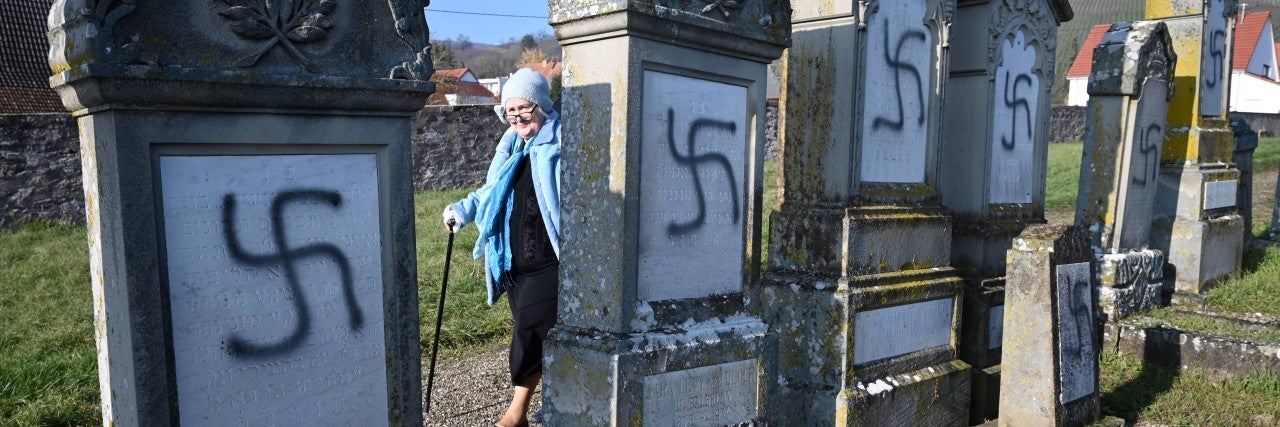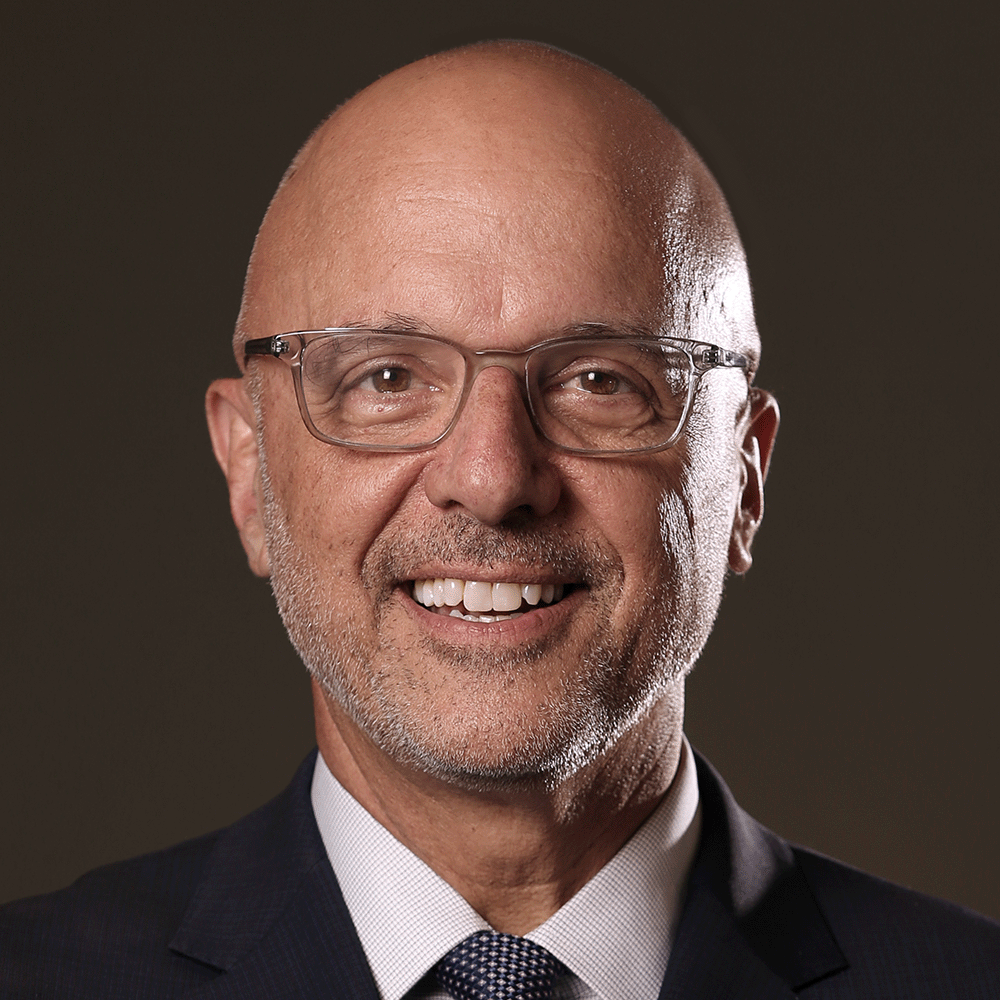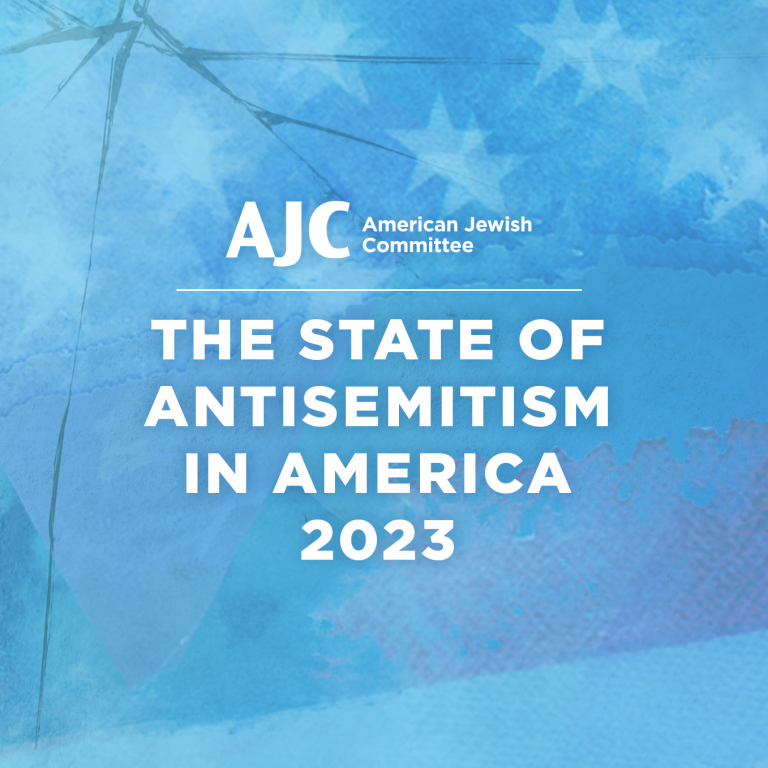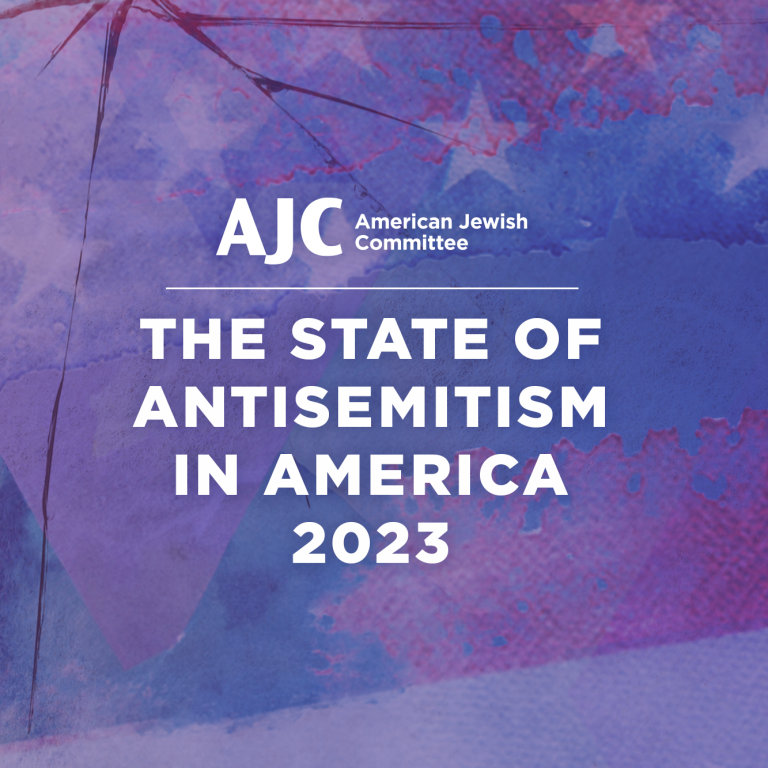February 16, 2024 — Miami, FL
This piece originally appeared in The Miami Herald.
We have a national antisemitism crisis, and it affects Jews every day — on the streets, at school, at work, online and everywhere in between.
Take just a few incidents in South Florida.
Near Boca Raton, a home was vandalized with a swastika.
At the University of South Florida, a mob of students shouted, repeatedly, “resistance is justified” — excusing the Hamas terror attack on Oct. 7, the slaughter of 1,200 Israelis, and the kidnapping of 240 hostages.
In South Beach, a woman screamed at pro-Israel demonstrators, “Hitler should have f***ing finished the job!”
Several South Florida synagogues, including Parkland’s Congregation Kol Tikvah, Coral Gables’ Temple Judea and Temple Sinai of North Dade, have been the targets of fake bomb threats.
In the last year, nearly half (46%) of Jewish Americans reported altering their behavior because of antisemitism. They avoided posting content online that would identify them as Jewish or reveal their opinion on Jewish matters. They did not wear or display anything that would identify them as Jewish or avoided places, events or situations out of concern for their safety.
These are the disturbing findings of American Jewish Committee’s (AJC) newly released State of Antisemitism in America 2023 Report which explores how rising antisemitism affects the lives and behavior of Jewish Americans and shows the profound impact of Jew hatred.
One survey participant told us: “My middle school children have been targeted at school for being Jewish. My elementary school child is scared of being attacked at school.”
The report — one of the most extensive surveys ever conducted on antisemitism in America among both American Jews and the general U.S. population — shows Hamas’ October 7 terror attack, the deadliest day for Jews since the Holocaust, has only exacerbated the problem.
More than three-quarters of American Jews (78%) who heard of Hamas’ attack said it made them feel less safe here at home.
But the terror attack and ensuing surge in antisemitism didn’t happen in a vacuum.
For years, antisemitism has been rising here in the U.S. — 50% of Jewish survey participants said it increased a lot in 2023, up from 43% in 2022, and 37% in 2021.
This is reflected not just in protests or on campus, as we often see reported in the media, but also in the workplace.
Thirty percent of American Jews reported feeling uncomfortable about expressing their views on Israel or identifying themselves as Jews according to our data. Some even said that they had been told that they could not take time off work for Jewish holidays.
Thankfully, the American public is beginning to understand the nature of the threat.
Nearly three-quarters (74%) of Americans say that antisemitism is a problem. The subset of this group that believes antisemitism is a “very serious” problem has increased to 34% in 2023. Four in 10 Americans have personally seen or heard antisemitic activity in the past 12 months.
This issue has been ignored for far too long but this new data provides a welcome note of hope. Jews are not alone in noticing the enraged crowds screaming “From the river to the sea!” and “Globalize the intifada!” and accusing Israel of genocide in Gaza, an obscene falsehood meant to divert attention from the Hamas terror attack and the hostages still being held captive.
A huge majority of adults (both Jewish and non-Jewish) agreed that “Antisemitism affects society as a whole; everyone is responsible for combating it.” It takes a whole-of-society effort to tackle antisemitism, so the more people on board, the better.
The National Strategy to Counter Antisemitism, released in May 2023, follows that exact premise. Implementing it requires a receptive public, and AJC is working across sectors to ensure that we, as a society, follow through on this overdue plan of action.
We need our friends and allies to stand with us.
I know that we can count on your support.






